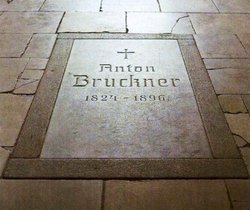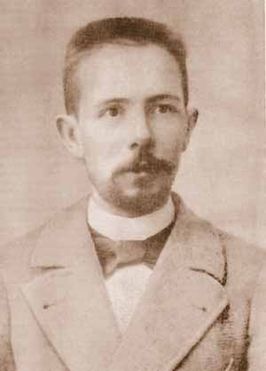Ruben Aharonian violin
Sergey Lomovsky violin
Igor Naidin viola
Vladimir Balshin cello
Shostakovich String Quartet no.11 in F minor op.122
Beethoven String Quartet No 16 in F major Op 135
Tchaikovsky String Quartet No 2 in F Op 22
St John's, Wimbledon, 15 November 2014
**************
This was a sublime evening, presenting one of the finest of all string quartets in the excellent acoustic of St John's church as part of the Wimbledon International Music Festival 2014. Thanks to the good people at Meridian Audio and TechniQuest in Wimbledon for the tickets to attend.
The programme showcased the group's authoritative readings of the Russians, starting with a riveting Shostakovich Eleventh. What a mysterious, ghostly work this is. The whole haunted by something undefined, yet also achieving moments of stasis. The Borodin Quartet were effortlessly inside this music. Their focus was total and the effect quite overpowering.
A word on this quartet's sound. It is marked above all by a remarkable unanimity and tonal control. Nothing is forced, the individuals blend into eachother and at times one had to make special efforts to distinguish the violins from the viola. It is a refined and balanced sound, of perfect intonation, delivered with a complete absence of histrionics.
 |
| The Borodin Quartet |
After the interval the richer and more emotional landscape of Tchaikovky's Second String Quartet was delivered with total authority. The acclaim of the audience was then rewarded with the same composer's Andante Cantabile - the slow movement of his First String Quartet.
The Borodin is a master quartet, continuing to make music at an exceptional level almost 70 years after it was founded in 1945. Their interpretations are settled and authoritative, but such is the quality of their ensemble that there is not a hint of routine. In general one is struck by the impression that you are hearing something close to an ideal.
 |
| The Borodin Quartet with Sviatoslav Richter in the 1970s |









